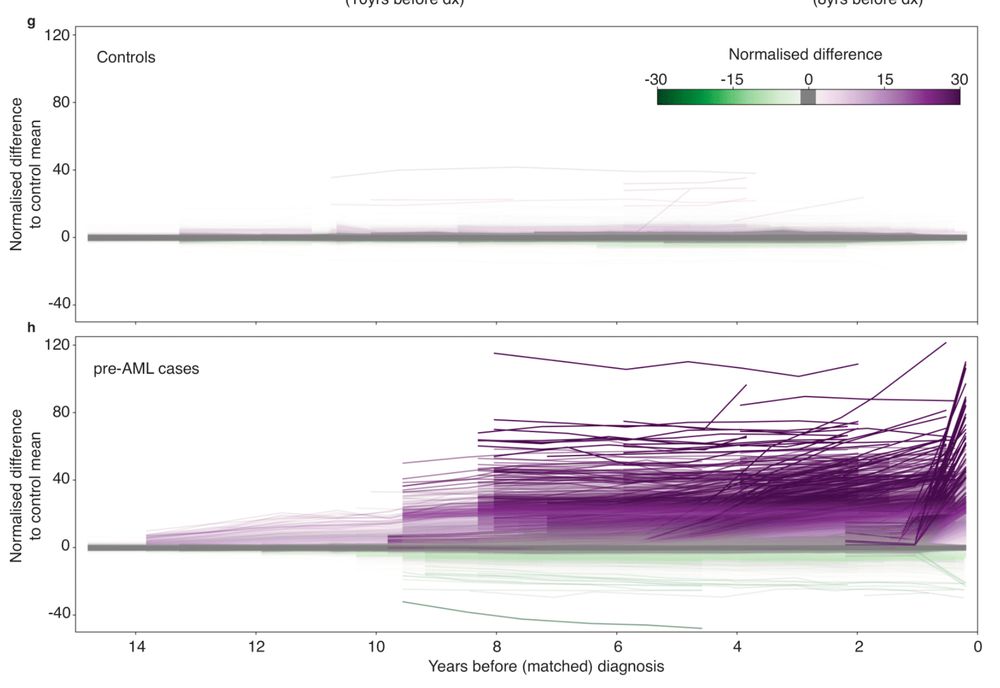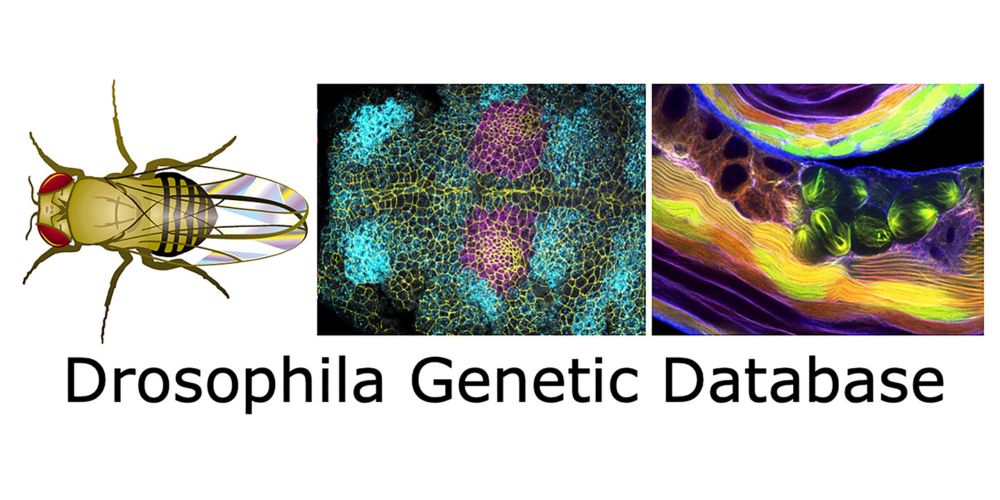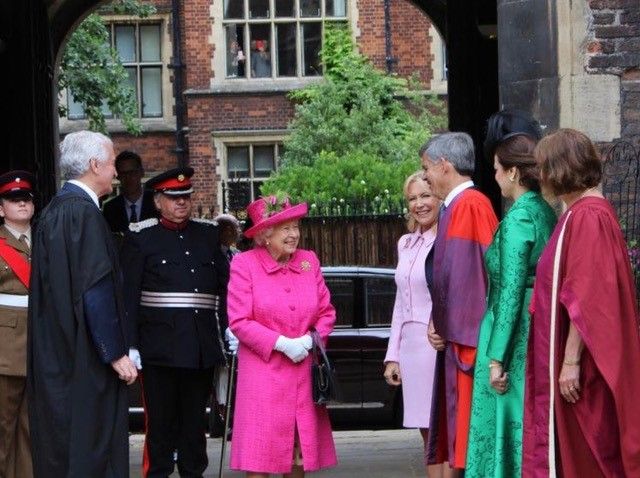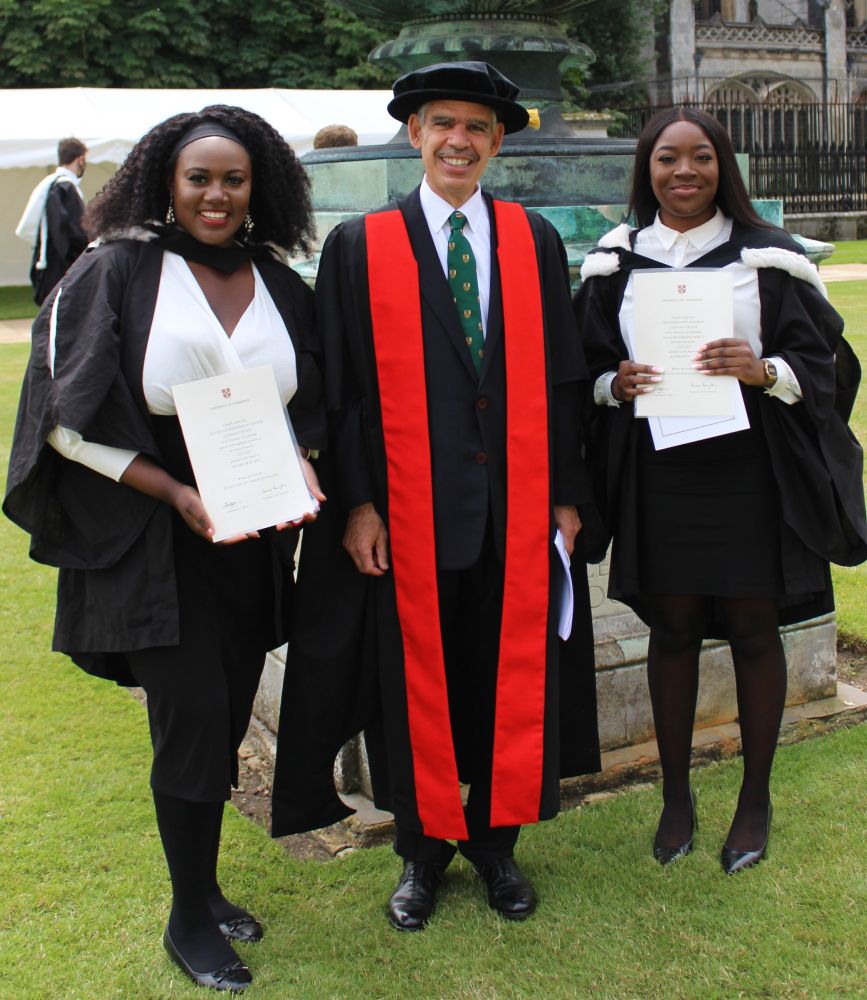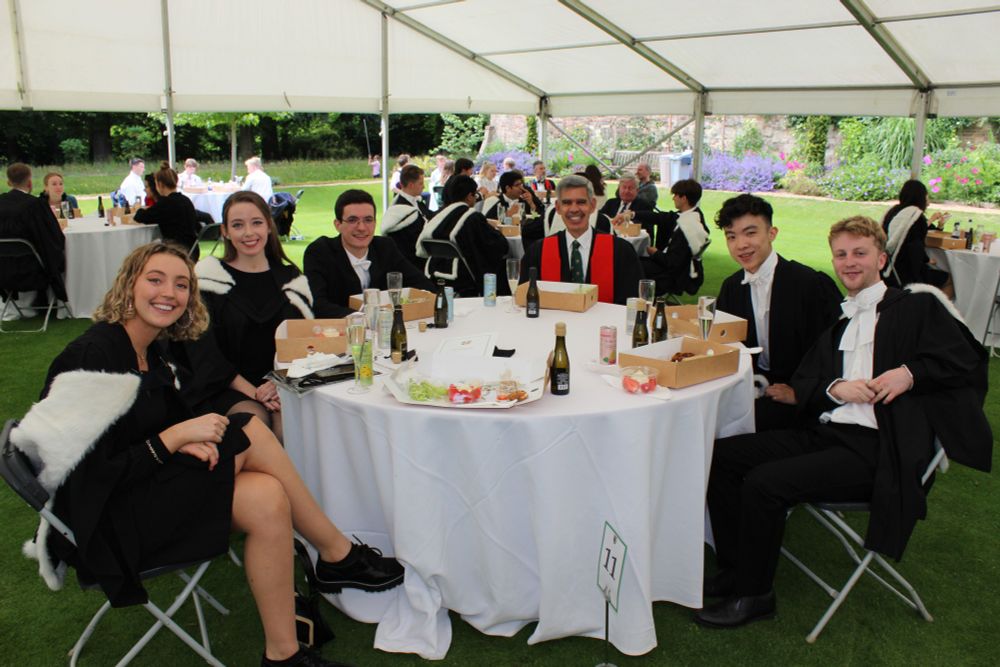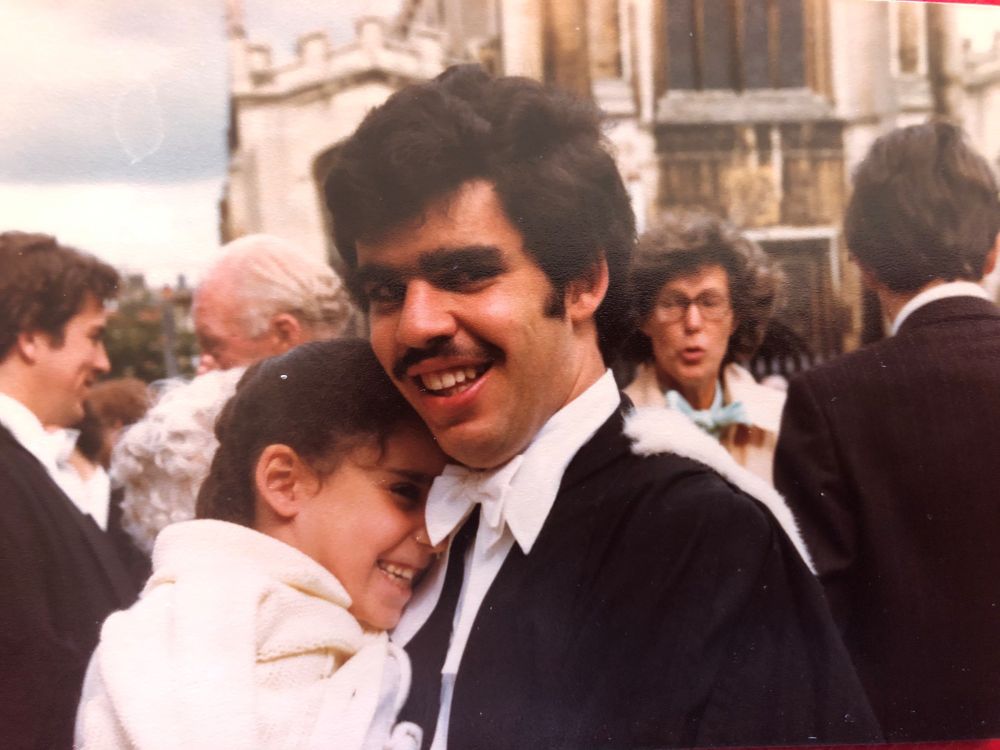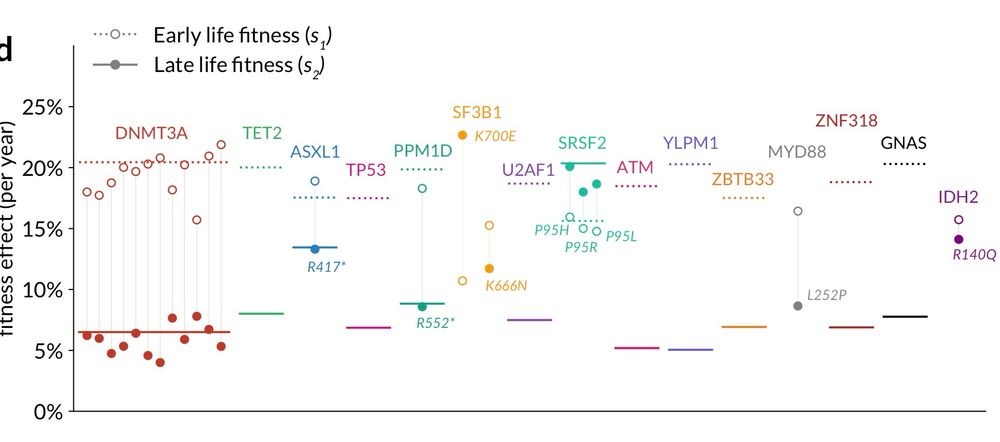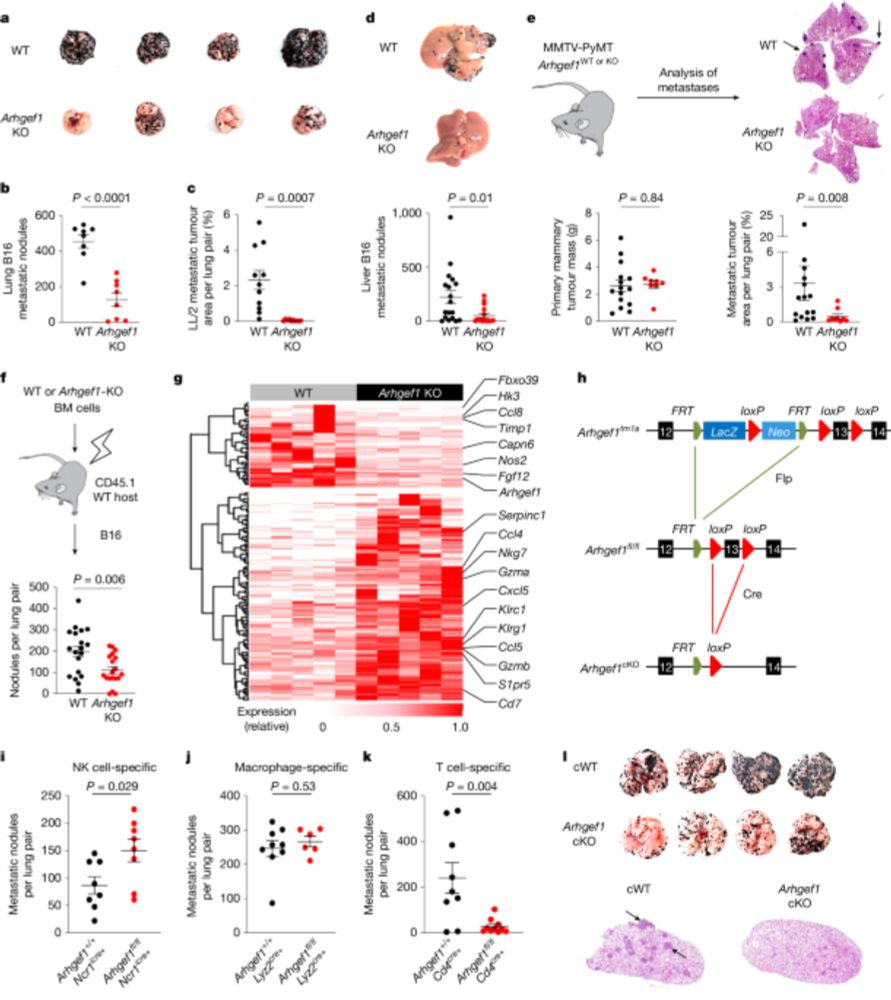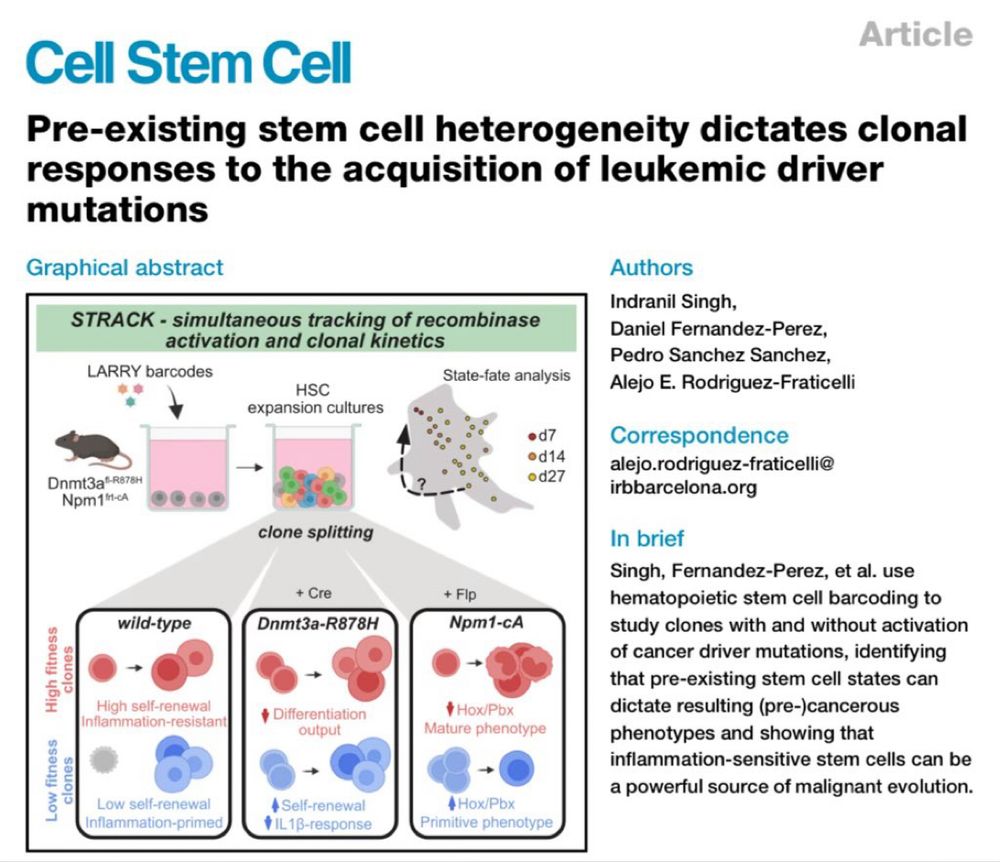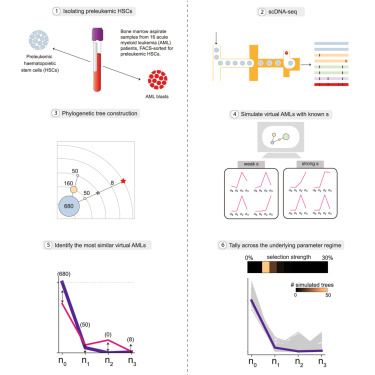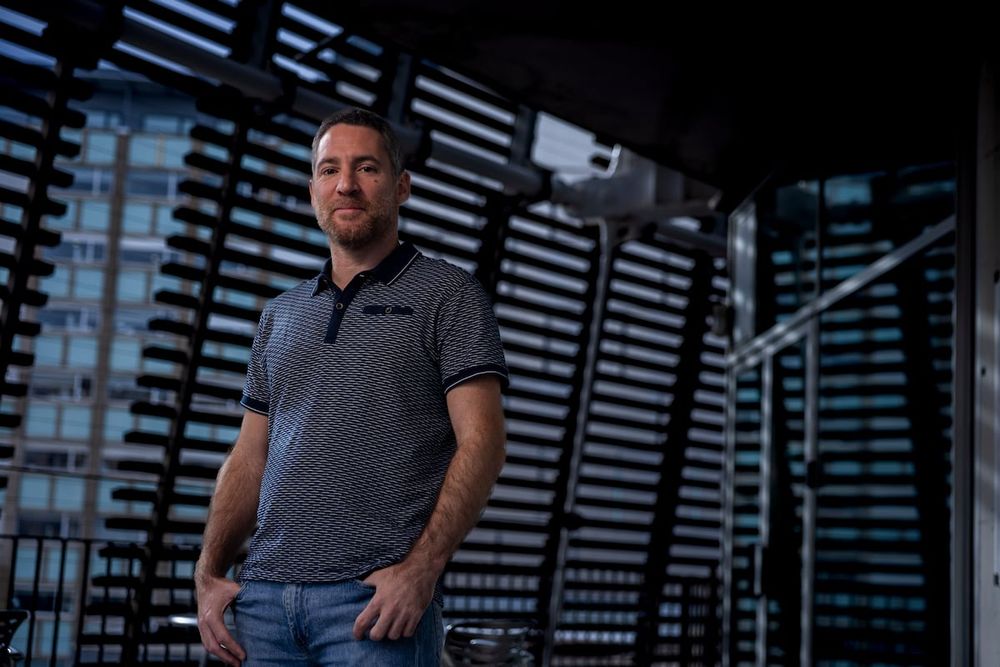Jamie Blundell
@jamie-blundell.bsky.social
650 followers
350 following
10 posts
Evolution, cancer, immunology, math(s)
Ursula Zoellner Professor of Cancer Research
University of Cambridge
blundelllab.com
Posts
Media
Videos
Starter Packs
Reposted by Jamie Blundell
Charlie Pugh
@cwjpugh.bsky.social
· May 26
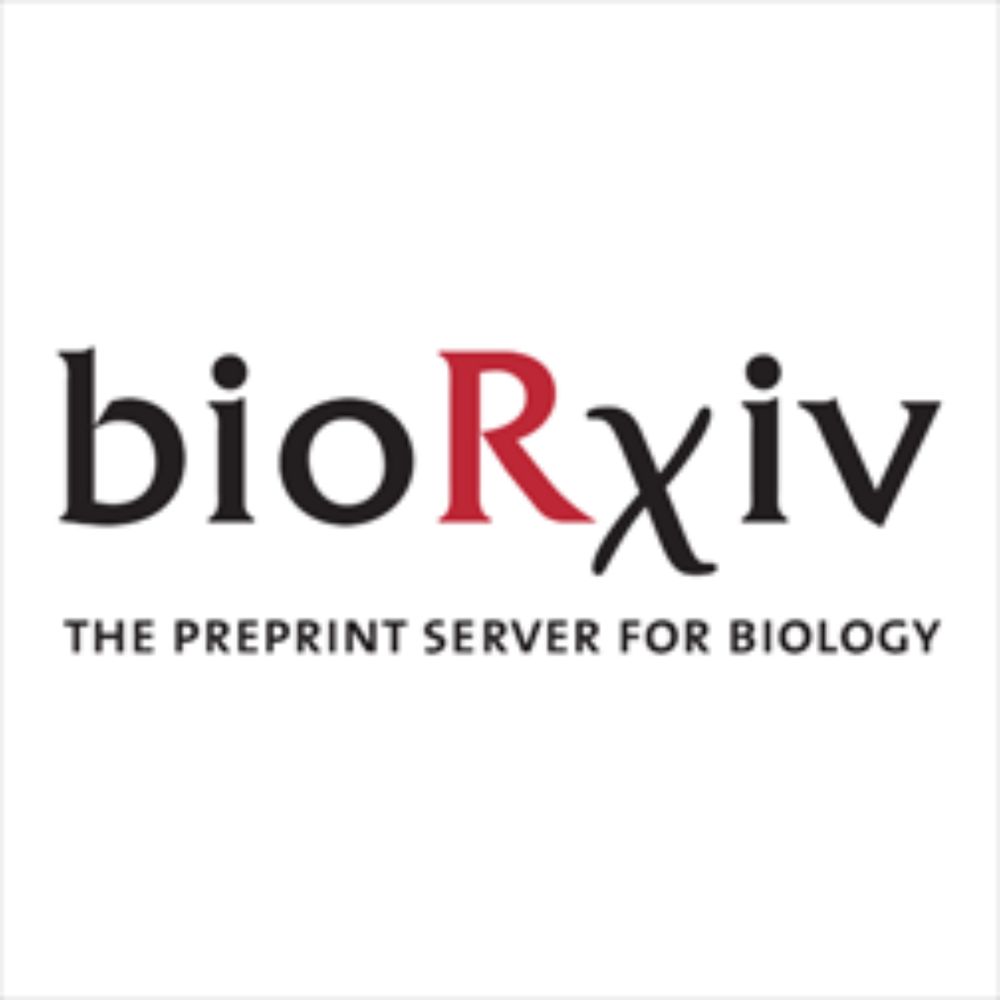
From Likelihood to Fitness: Improving Variant Effect Prediction in Protein and Genome Language Models
Generative models trained on natural sequences are increasingly used to predict the effects of genetic variation, enabling progress in therapeutic design, disease risk prediction, and synthetic biolog...
www.biorxiv.org
Reposted by Jamie Blundell
Reposted by Jamie Blundell
Reposted by Jamie Blundell
Reposted by Jamie Blundell
Reposted by Jamie Blundell
Aylwyn Scally
@aylwyn-scally.bsky.social
· Feb 21
Assistant/Associate Professor in Computational Biology - Job Opportunities - University of Cambridge
Assistant/Associate Professor in Computational Biology in the Department of Applied Mathematics and Theoretical Physics at the University of Cambridge.
www.jobs.cam.ac.uk
Reposted by Jamie Blundell
Reposted by Jamie Blundell
Ewan Birney
@ewanbirney.bsky.social
· Feb 21
Aylwyn Scally
@aylwyn-scally.bsky.social
· Feb 21
Assistant/Associate Professor in Computational Biology - Job Opportunities - University of Cambridge
Assistant/Associate Professor in Computational Biology in the Department of Applied Mathematics and Theoretical Physics at the University of Cambridge.
www.jobs.cam.ac.uk
Reposted by Jamie Blundell
Greifflab
@victorgreiff.bsky.social
· Dec 15
Reposted by Jamie Blundell
Reposted by Jamie Blundell
Simone Zaccaria
@zaccasimo.bsky.social
· Nov 29

Characterizing the evolutionary dynamics of cancer proliferation in single-cell clones with SPRINTER - Nature Genetics
Single-cell Proliferation Rate Inference in Non-homogeneous Tumors through Evolutionary Routes (SPRINTER) allows users to infer proliferation rates of individual clones within a tumor from single-cell...
doi.org
Adam MacLean
@adamlmaclean.bsky.social
· Nov 28
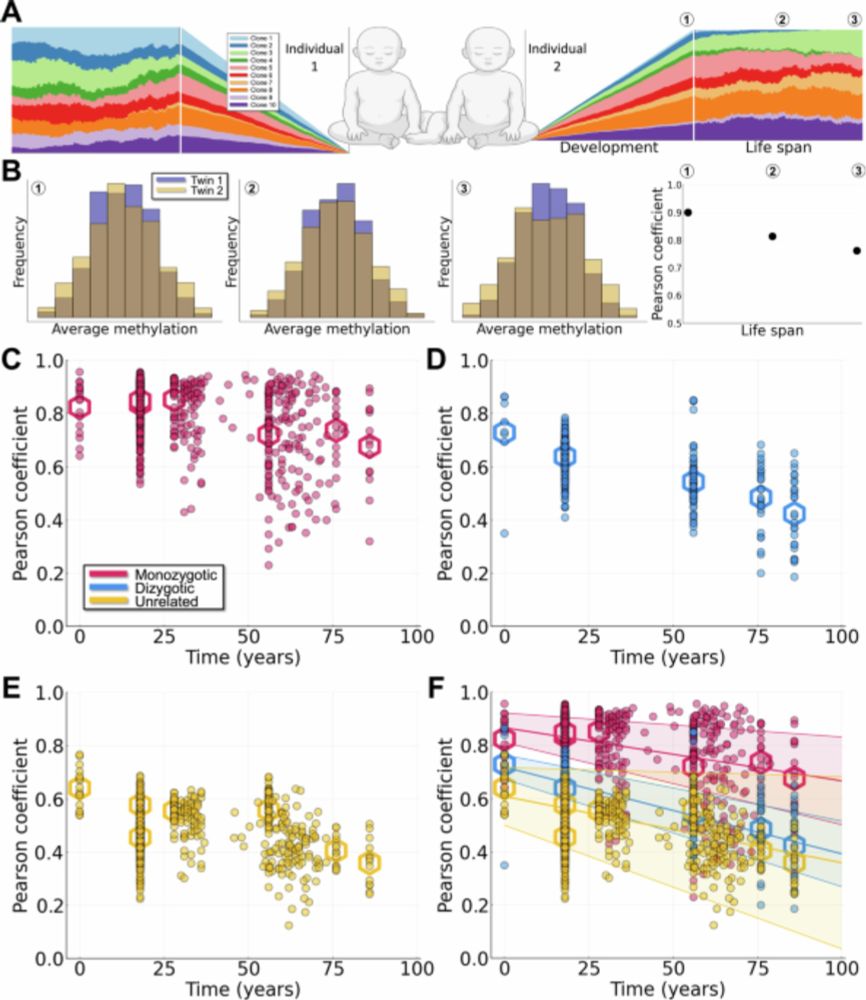
Developmental hematopoietic stem cell variation explains clonal hematopoiesis later in life - Nature Communications
Clonal hematopoiesis becomes increasingly common with age. Here the authors track stem cell dynamics in monozygotic twins and provide evidence that clonal hematopoiesis in later life reflects weak sel...
www.nature.com
Reposted by Jamie Blundell
Paul Thomas
@pgtimmune.bsky.social
· Nov 26
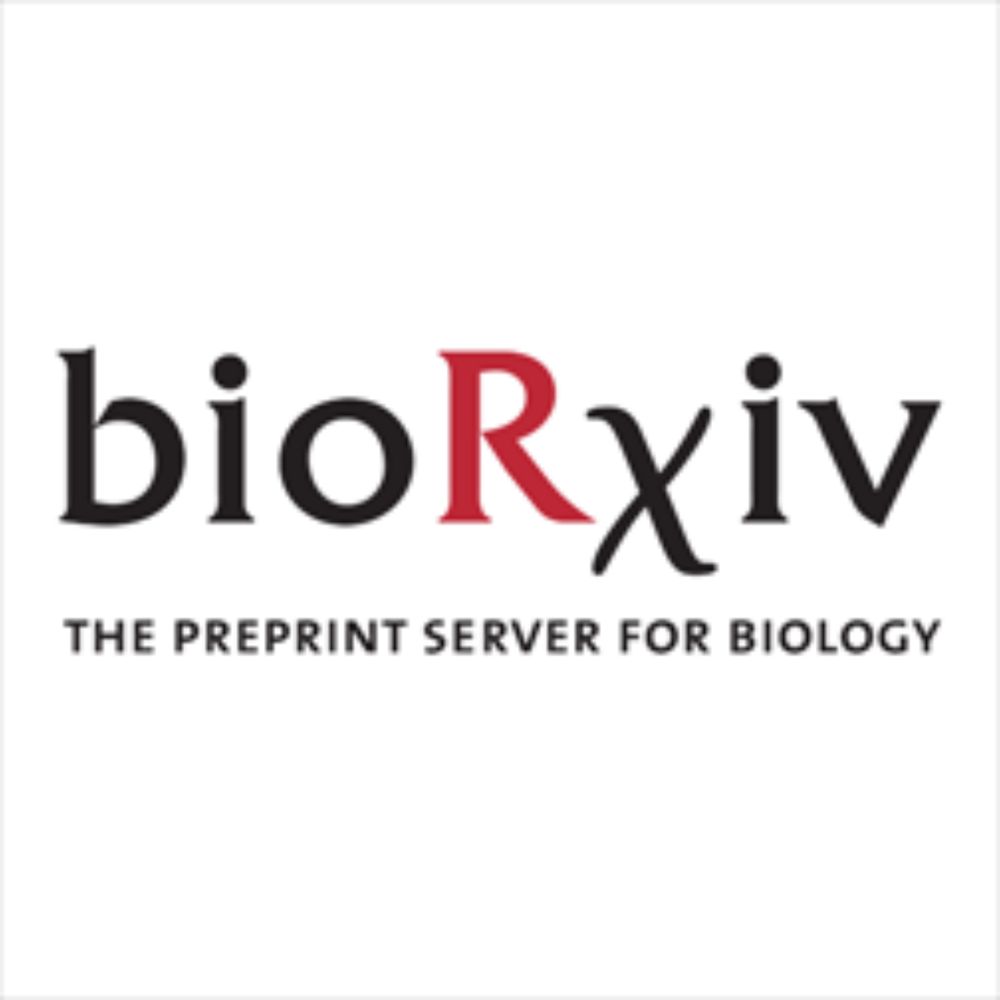
TIRTL-seq: Deep, quantitative, and affordable paired TCR repertoire sequencing
α/β T cells are key players in adaptive immunity. The specificity of T cells is determined by the sequences of the hypervariable T cell receptor (TCR) α and β chains. Although bulk TCR sequencing offe...
www.biorxiv.org
Reposted by Jamie Blundell
Sten Linnarsson
@sten.linnarsson.org
· Nov 17
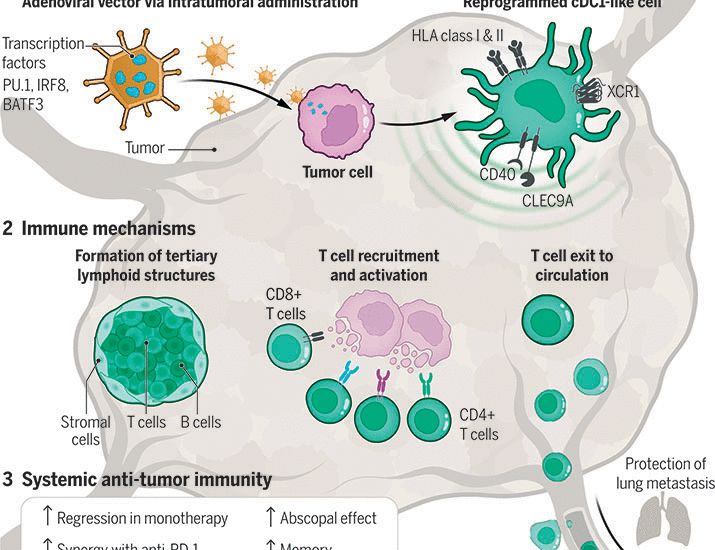
In vivo dendritic cell reprogramming for cancer immunotherapy
Immunotherapy can lead to long-term survival for some cancer patients, yet generalized success has been hampered by insufficient antigen presentation and exclusion of immunogenic cells from the tumor ...
www.science.org

